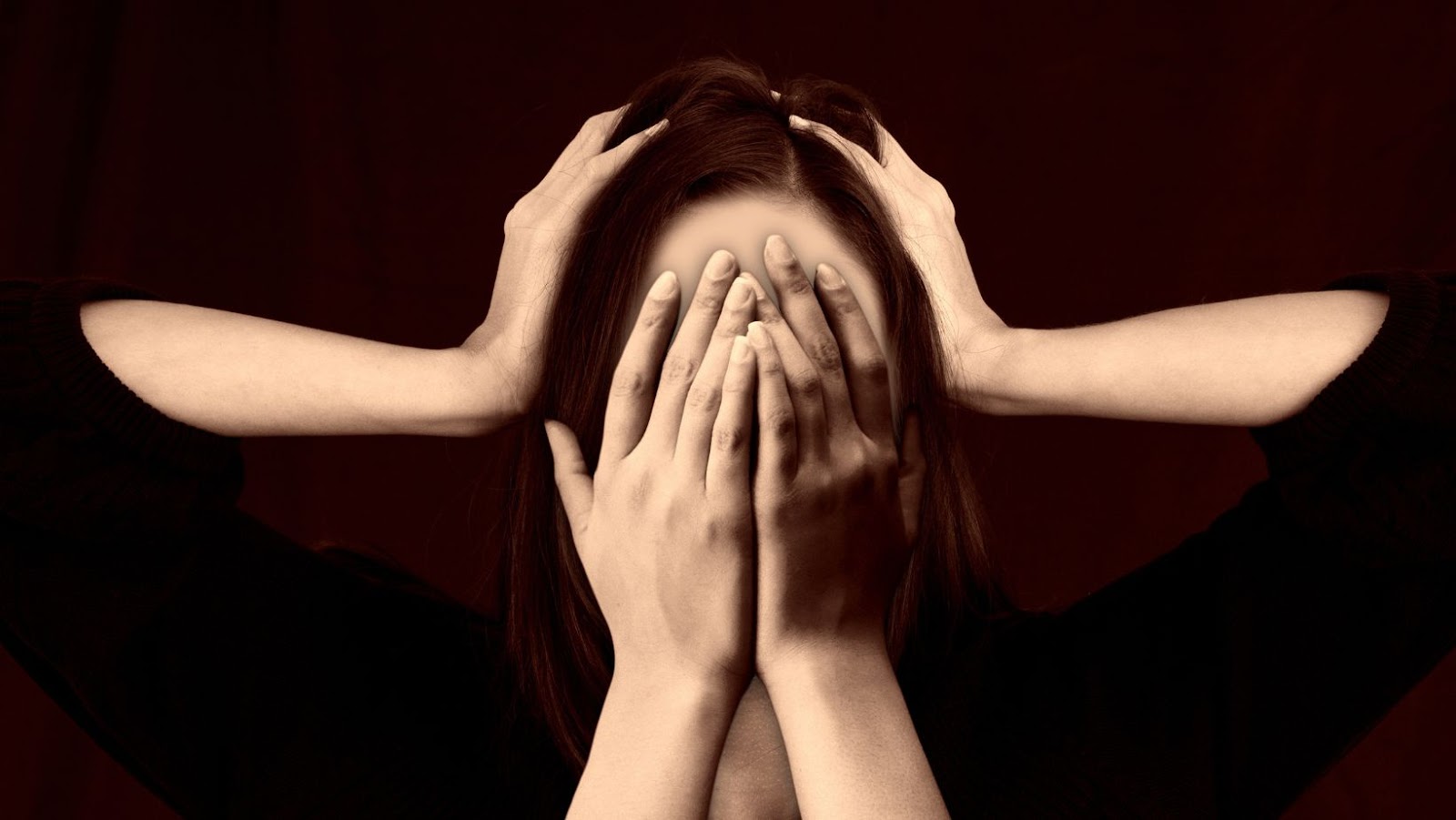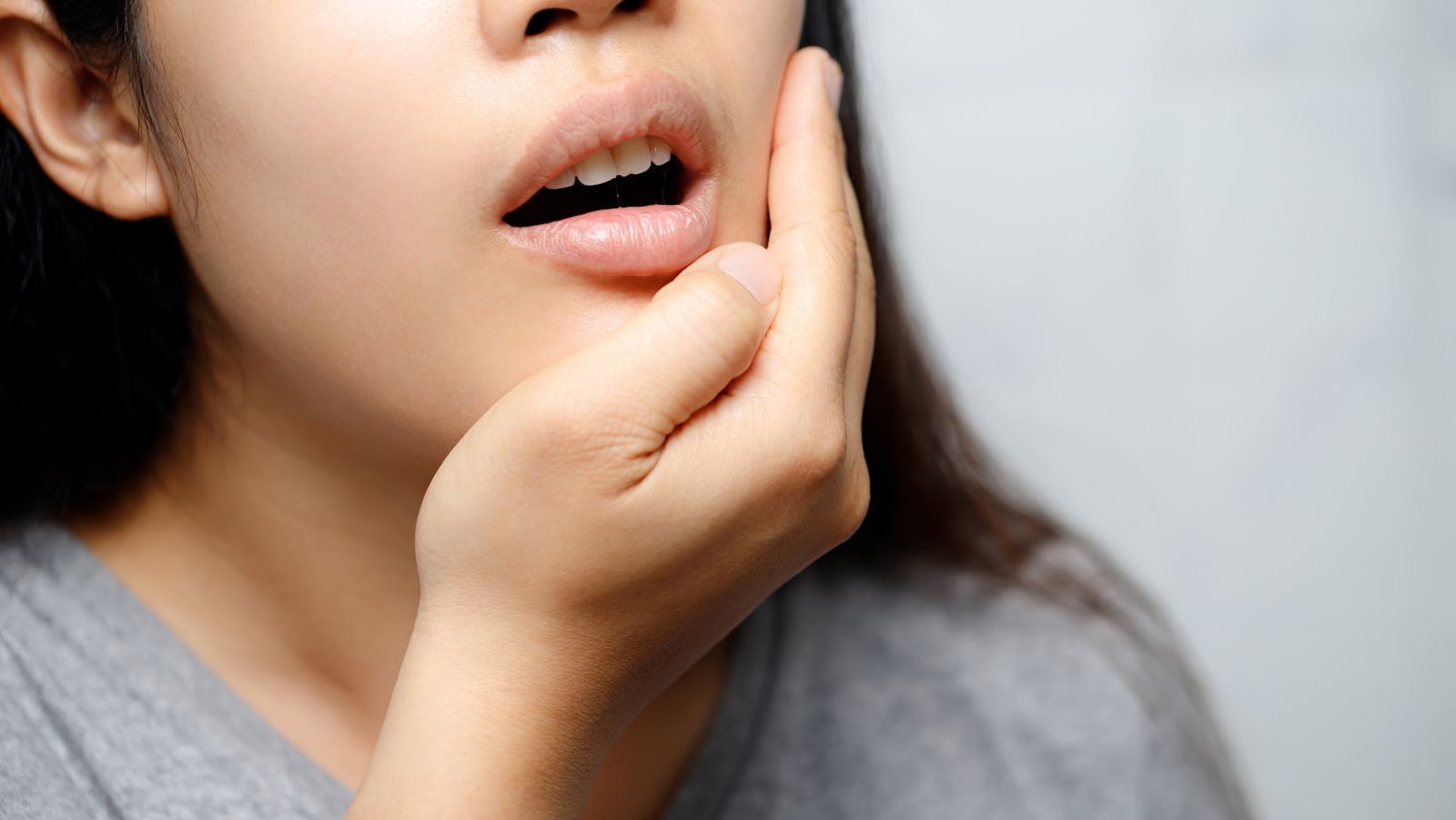What Are the Symptoms That Indicate You Have TMJ Migraine?

People may experience headaches for several reasons. Headaches may result in huge discomfort, leading to a decrease in productivity with loss of work time. TMJ Migraine can be one of the reasons that you are suffering headaches. Let us look out for the signs that cause TMJ migraines.
During, After, or Before Your Headache You Are Clenching Your Teeth
Bruxism or teeth clenching is an activity that singles out your teeth from your jaw. The jaw movement which you are not supposed to do can sometimes be associated with the headaches related to TMJ.

The bruxism can occur during the day or night and provide severe headaches. Thus TMJ migraine can be one of the causes of your morning headaches. TMJ treatment refers to the management of temporomandibular joint disorders that result in pain and discomfort in the jaw joint and muscles.
Headaches Occurring After Any Jaw Activity
If you are involved with some intense jaw activity and feel headaches right after that, TMJ migraine can be the reason. This may be caused when you are talking for longer hours or chewing very hard foods. Besides these, when your jaw is involved with any activities that involve tests of your jaw muscles, you may have a TMJ migraine.
Pencil Test
When you want to understand what is TMJ migrene, you should take a pencil test. When you are feeling a headache, you should d hold a pencil with your teeth and place it in the middle of your mouth. If you feel the pain is decreasing or increasing, it is more likely that you have a TMJ migraine.
Jaw Pain and Restricted Movement
The symptoms like jaw pain are observed at first for many diseases such as temporomandibular joint disorders. When you have severe jaw pain, you are also having a TMJ migraine. Sounds like popping and clicking may occur because the disk of cushion in the jaw may be out of place.

The jaw movement gets restricted as the disk will never get back to its original place. The motion of your jaw gets obstructed and thus provides the signs of TMJ.
Care of Conventional Headaches Is Not Working
When your doctor is treating your pain as a normal headache and giving medicines for them, and you are not getting the results, it might be one of the signs of TMJ migraine. If you have TMJ, there is a 60% of chance that you will be suffering from migraine. Though people consider TMJ when there are no other options for diseases left, they should be prioritized well before.
Other TMJ symptoms
- Pain in shoulders, neck, or back
- Numbness or Tingling in the fingers
- Dizzy spells or vertigo
- Tooth wear or damage
When you suffer from any of the mentioned symptoms, TMJ is causing your headaches most probably.
Conclusion
This article describes TMJ migraine and what are the obvious signs that you have this disease. When you find that the conventional method of treating the headache is failing, it is probable that you are having a TMJ migraine. You should also check out your jaw movement and when you feel pain in your jaw and numbness in your fingers, it might be possible that you are having a TMJ migraine.




